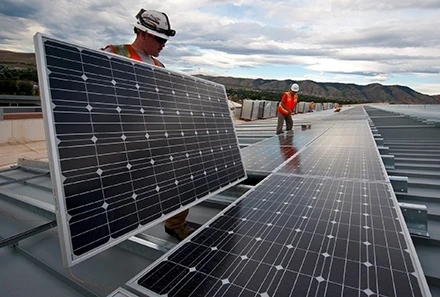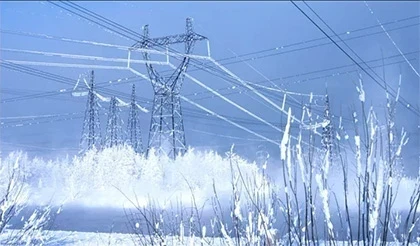Power Sector Reacts to Canada's New Chief

Canada has a new Prime Minister. Justin Trudeau, a second generation politician, will take the Prime Minister’s Office
shortly. Of course, when any new government steps into power, uncertainty follows suit. How will the change in political power affect North America’s power sector? The priorities of one government might not necessarily be the priority of another.
However, the Canadian Electricity Association (CEA), the national forum and voice of Canada’s electricity business, is confident that the country’s new government will continue some cross-border policies established from prior governments. Some of these policies include the coordination between Canada’s National Energy Board and the U.S. Federal Energy Regulatory Commission, and electric power reliability cooperation through the North American Electric Reliability Corporation.
“We look forward to working collaboratively with the incoming government on key priorities including electricity infrastructure renewal, enhancing the security and reliability of the system, and electricity sector innovation and environmental sustainability,” said Sergio Marchi, President and Chief Executive Officer of the CEA.
Barry Worthington, Executive Director of the U.S. Energy Association, an organization that represents the broad interests of the U.S. energy sector, is also confident that Canada’s new government will be a benefit to the power sector. “It appears that
[Trudeau] will continue some policies of prior governments and continue some North American approaches as agreed with Mexico and the United States,” he says.
CROSS-BORDER RELATIONS
Without a doubt, the U.S.-Canada cross-border power trade relations are robust. The two countries are the world’s largest trading partners with energy being a significant component. Furthermore, the two countries share the world’s longest unguarded border. The CEA and the U.S. Energy Association expects Mr. Trudeau to help strengthen cross-border relations.
Worthington states that Mr. Trudeau can work to ensure that regulatory barriers are not created and to inform the public on how both countries benefit from enhanced cross-border power trading. The CEA expects a new approach to federal/ provincial relations, beginning with an anticipated early meeting of First Ministers on climate issues and a more engaged federal presence in federal/provincial issues moving forward.
CLIMATE CHANGE
Canada’s new government now has a major opportunity to enhance collaboration with the U.S. in efforts to combat climate change. “The commitment from Canada’s new federal government to partner with the U.S. on a North American clean energy and environment agreement is clearly something that should resonate with the Obama Administration,” Marchi says.
Increased trade in non-emitting electricity, according to Worthington, can serve as a key plank for any climate change agreement, building on the U.S. Environmental Protection Agency’s favorable recognition of Canadian power exports under its landmark rules to lower greenhouse gases (GHGs) from existing power plants.
ELECTRIC VEHICLES
Prior to the 2015 Federal Election, the Liberal platform included a specific recommendation made by CEA on the establishment of targets for the integration of electric vehicles (EVs) in the federal vehicle fleet. Additionally, the incoming federal government pledged to expand the list of investments eligible for accelerated capital cost allowance to include EV charging stations.
The U.S. Energy Association reports that pursuing opportunities with the U.S. around electrifying transportation fits well with the White House’s current policy focus and is also appropriate in the context of the deeply integrated North American auto sector.
THE BOTTOM LiNE
It’s no secret that the North American power sector has high hopes and expectations for Canada’s new federal government.
Sergio Marchi concludes: “Based on policies put forward in the party election platform, CEA sees opportunities for the electricity sector under the incoming government.”
Without a doubt, climate change, electric vehicles, and cross-border relations are paramount to increasing power reliability. However, the federal government must also address North America’s aging infrastructure as well as take steps to improve the physical security and cybersecurity of the power grid. All key issues are equally important to maintaining power reliability in North America.









